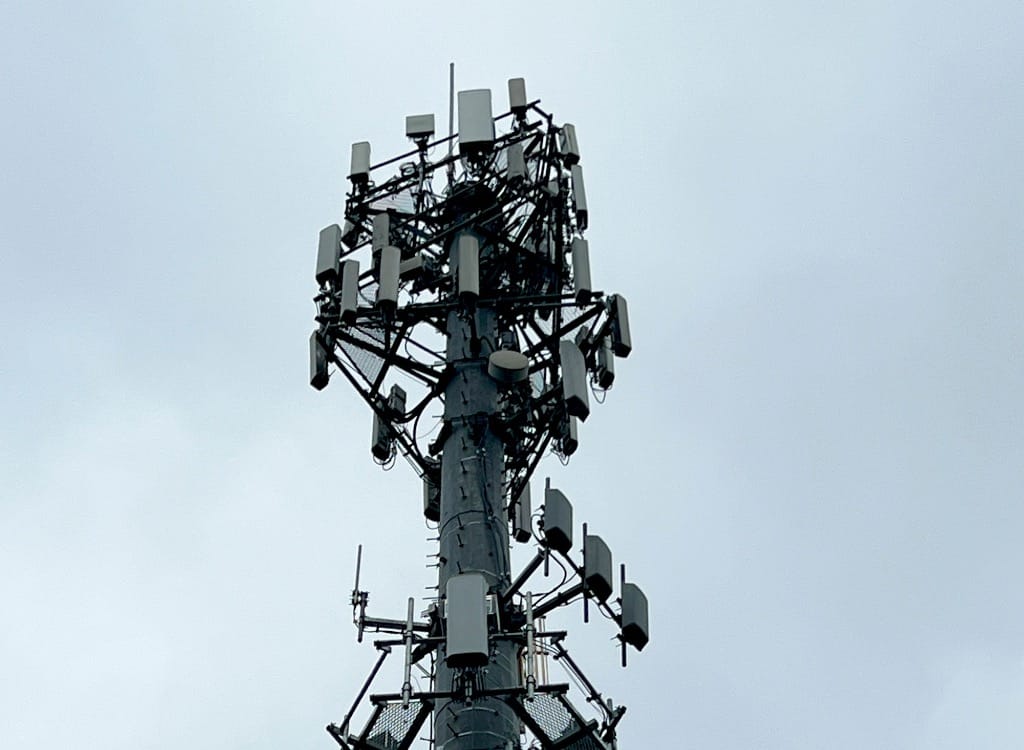Higher Power Levels in Battle Between Commercial Wireless and Shared Spectrum
The 5G industry has favored increasing power in the shared CBRS band; a coalition of unlicensed wireless and public interest groups oppose
Jake Neenan

WASHINGTON, Feb. 11, 2025 – A group of more than two dozen companies and trade groups favoring unlicensed and shared spectrum are urging the Federal Communications Commission not to raise power levels for the Citizens Broadband Radio Service.
They include companies like Amazon and Lockheed Martin, the American Library Association, trade groups representing fixed wireless and cable broadband providers, and others who argued the move would make the band less usable for its current occupants.
It’s part of a broadening battle pitting the commercial wireless industry against consumer groups and industries that use unlicensed or shared spectrum.
The major 5G carriers had proposed increasing power levels in response to a Federal Communications Commission inquiry last year. CBRS spectrum, 3.55-3.7 GigaHertz (GHz), sits in the range considered ideal for 5G coverage, and the mobile carriers said raising power levels would make it better suited for mobile broadband.
CTIA, the commercial wireless industry’s trade group, argued at the time CBRS had contributed to the U.S. falling behind other countries in allocating licensed spectrum, something the group frequently claims is an issue.
CBRS uses a three-tiered licensing system in which military incumbents get first priority, followed by those who purchased priority licenses. They both get protected from interference by anyone using the spectrum for free on a general access basis.
A battle of power levels for radio frequencies
A coalition of CBRS users and consumer groups wrote newly appointed Chairman Brendan Carr in a Wednesday letter reiterating their opposition to higher power levels. The letter’s signatories included the cable giants, which own some priority licenses in the band and also don’t want to see the carriers snag more exclusive spectrum, wireless broadband providers that use the band to provide service, and companies that operate or provide equipment for private networks on CBRS spectrum.
“Proposals to significantly increase power levels for CBRS Devices (CBSDs) and significantly relax emission limits across the band would transform CBRS into yet another high-power, macro cellular band,” the group of CBRS users wrote. “Such changes would fundamentally modify CBRS licenses and undermine the Commission’s bipartisan vision for CBRS as a lower-power, small-cell band that supports broad access and numerous applications.”
Consumer groups had raised similar objections last year, arguing higher power would result in interference that would make the band less usable for general access users.
“America’s companies and organizations would be forced to return to the off-the-shelf managed solutions offered by the largest carriers,” the letter signatories warned.
On the other side of the issue, Dish-owner Echostar met with Wireless Telecommunications Bureau staff Tuesday to urge again for increased power and relaxed emission limits. The company presented the results of technical studies it said showed the moves would have minimal impact on existing users.
“Higher-power CBRS is a critical tool supporting U.S. 5G competitiveness and improving mobility services provided to citizens and businesses,” the company wrote on a slide deck. “Real mobile outdoor use cases become possible with high power CBRS.”
The FCC worked with the Navy and National Telecommunications and Information Administration, which manages federal spectrum, last year to shrink the protection areas around military bases – where commercial CBRS users can be kicked off at a moment’s notice – effectively putting millions more people within range of potentially uninterrupted coverage. Opponents had flagged this as being in jeopardy if power were to be increased, while Echostar told FCC staff it “may not require changes.”











Member discussion